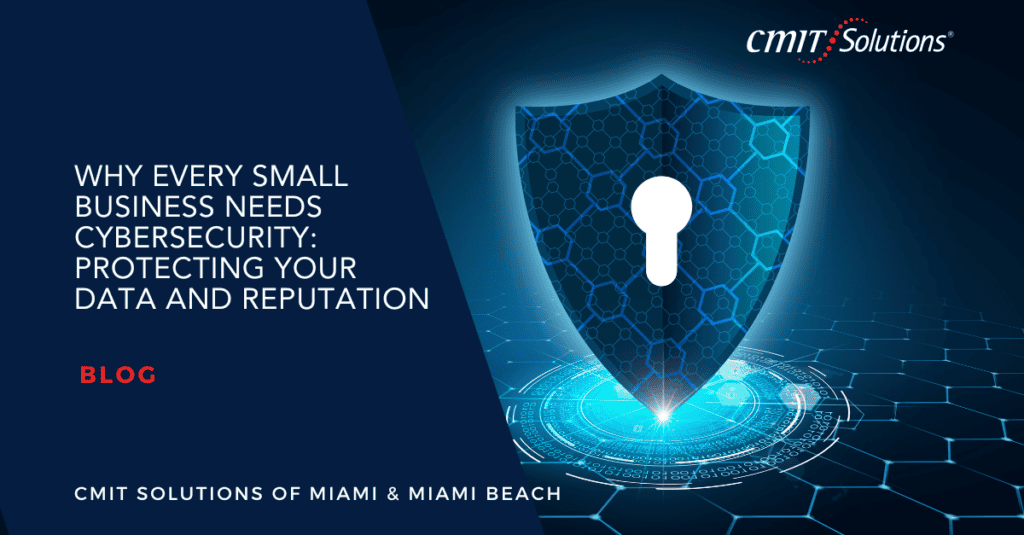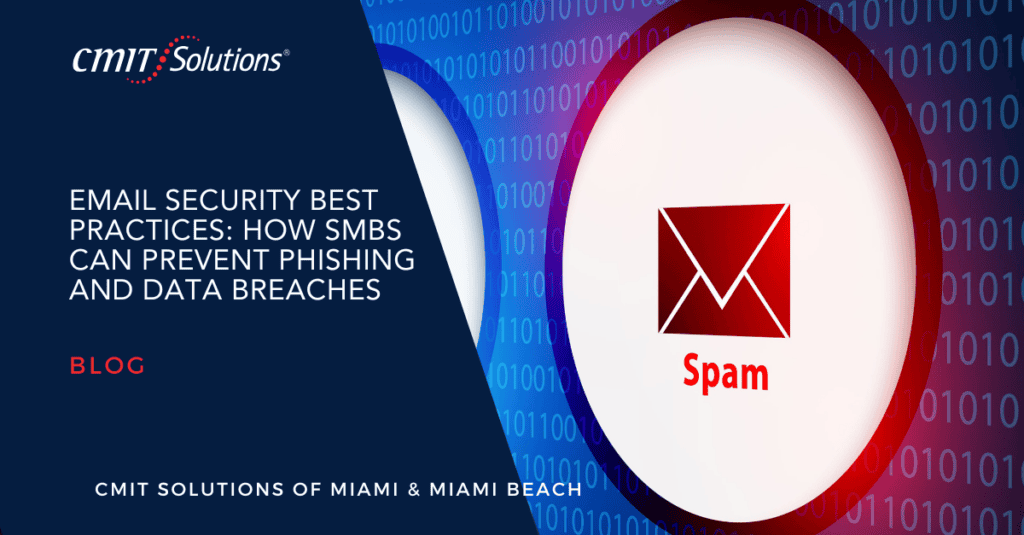The internet has become an essential part of daily life, but with its convenience comes growing concerns about data security and privacy. One of the most commonly used tools for improving user experience online is cookies—small files stored on a user’s device that track website interactions. While cookies serve beneficial functions, such as remembering login credentials and personalizing experiences, they also pose security and privacy risks that both users and businesses need to be aware of.
For businesses in Miami & Miami Beach, implementing strong cybersecurity practices to manage cookies and protect sensitive data is critical. Let’s explore how cookies impact data security and what businesses can do to safeguard user information.
Understanding Cookies and Their Risks
1. What Are Cookies?
Cookies are small text files that websites store on a user’s device. These files collect information about user activity, such as site preferences, login details, and browsing behavior. While most cookies are harmless, some pose serious security threats.
Types of Cookies:
- Session Cookies: Temporary cookies that expire once the user leaves a website.
- Persistent Cookies: Stored on a user’s device until they expire or are manually deleted.
- Third-Party Cookies: Created by domains other than the one a user is visiting, often used for tracking and advertising purposes.
Cybersecurity solutions help businesses mitigate the risks associated with unauthorized data tracking and cyber threats.
2. Security Risks of Cookies
Cookies can be exploited by cybercriminals to gain access to sensitive user data. Common security threats include:
- Session Hijacking: Attackers steal a user’s session ID, gaining access to their online accounts.
- Cross-Site Scripting (XSS): Malicious scripts manipulate cookies to extract user data.
- Cookie Theft & Manipulation: Hackers modify cookies to impersonate users or steal login information.
- Privacy Concerns: Third-party tracking cookies monitor user behavior without their consent, leading to data privacy violations.
Network management solutions ensure secure data transmission and prevent unauthorized cookie-based tracking.
Best Practices for Users: Protecting Personal Data
1. Manage Cookie Preferences
Users should customize their browser settings to limit cookie tracking. Steps include:
- Disabling third-party cookies in browser settings.
- Regularly clearing cookies and cached data.
- Using browser extensions to block unwanted trackers.
2. Enable Secure Browsing Measures
Users should opt for secure browsing practices, including:
- Using websites with HTTPS encryption.
- Avoiding public Wi-Fi for sensitive transactions.
- Enabling multi-factor authentication (MFA) for additional security.
Explore productivity applications that offer built-in security features to enhance data protection.
3. Stay Alert for Phishing Attempts
Phishing attacks often exploit cookies to steal login credentials. Users should:
- Avoid clicking suspicious links.
- Regularly update passwords.
- Use password managers for secure credential storage.
Learn about email security best practices to prevent unauthorized access to online accounts.
Best Practices for Businesses: Strengthening Data Security
1. Implement Secure Cookie Policies
Businesses must ensure their websites follow secure cookie-handling practices:
- Setting cookies to secure and HTTP-only mode to prevent unauthorized access.
- Encrypting sensitive user data stored in cookies.
- Configuring cookies with short expiration times.
IT compliance solutions help businesses stay compliant with data protection regulations and secure online interactions.
2. Adopt Data Backup and Recovery Strategies
Cyber incidents, including cookie-based attacks, can result in data loss. Businesses should:
- Regularly back up critical customer data.
- Use cloud-based storage for redundancy.
- Develop a disaster recovery plan to minimize downtime.
Discover data backup solutions that ensure business continuity and protection against cyber threats.
3. Strengthen IT Infrastructure Security
A robust IT security framework prevents unauthorized cookie manipulation and cyber intrusions. Businesses should:
- Conduct regular security audits to identify vulnerabilities.
- Implement firewalls and endpoint protection.
- Train employees on cybersecurity awareness.
IT guidance provides businesses with expert recommendations for enhancing security frameworks.
4. Use Unified Communications for Secure Business Operations
Implementing unified communications platforms ensures secure communication between employees and clients. Features include:
- Encrypted messaging and VoIP calls.
- Secure file sharing.
- Multi-layer authentication for access control.
Learn more about unified communications and how they enhance business security.
5. Upgrade IT Systems with Smart IT Procurement
Investing in secure and up-to-date IT infrastructure minimizes security risks. Businesses should:
- Use enterprise-grade security solutions.
- Regularly update software and applications.
- Implement advanced threat detection tools.
IT procurement solutions help businesses invest in secure and reliable technology solutions.
Future of Cookies and Data Privacy Regulations
As privacy concerns rise, regulations such as the GDPR, CCPA, and evolving cookie laws are reshaping how businesses collect and manage cookies. Future trends include:
- Phasing out third-party cookies in favor of privacy-focused alternatives.
- Increased transparency in cookie policies.
- Adoption of zero-trust security models for data protection.
Managed IT services ensure businesses stay ahead of compliance requirements while safeguarding customer data.
Final Thoughts: Enhancing Security While Using Cookies
Cookies play an essential role in improving user experience, but they also pose security risks. By implementing best practices, businesses and users can protect their data and minimize exposure to cyber threats.
For businesses in Miami & Miami Beach, prioritizing cybersecurity, network security, and compliance measures ensures customer trust and regulatory compliance.
Contact us to learn more about securing your business against cookie-based vulnerabilities and cyber threats.




